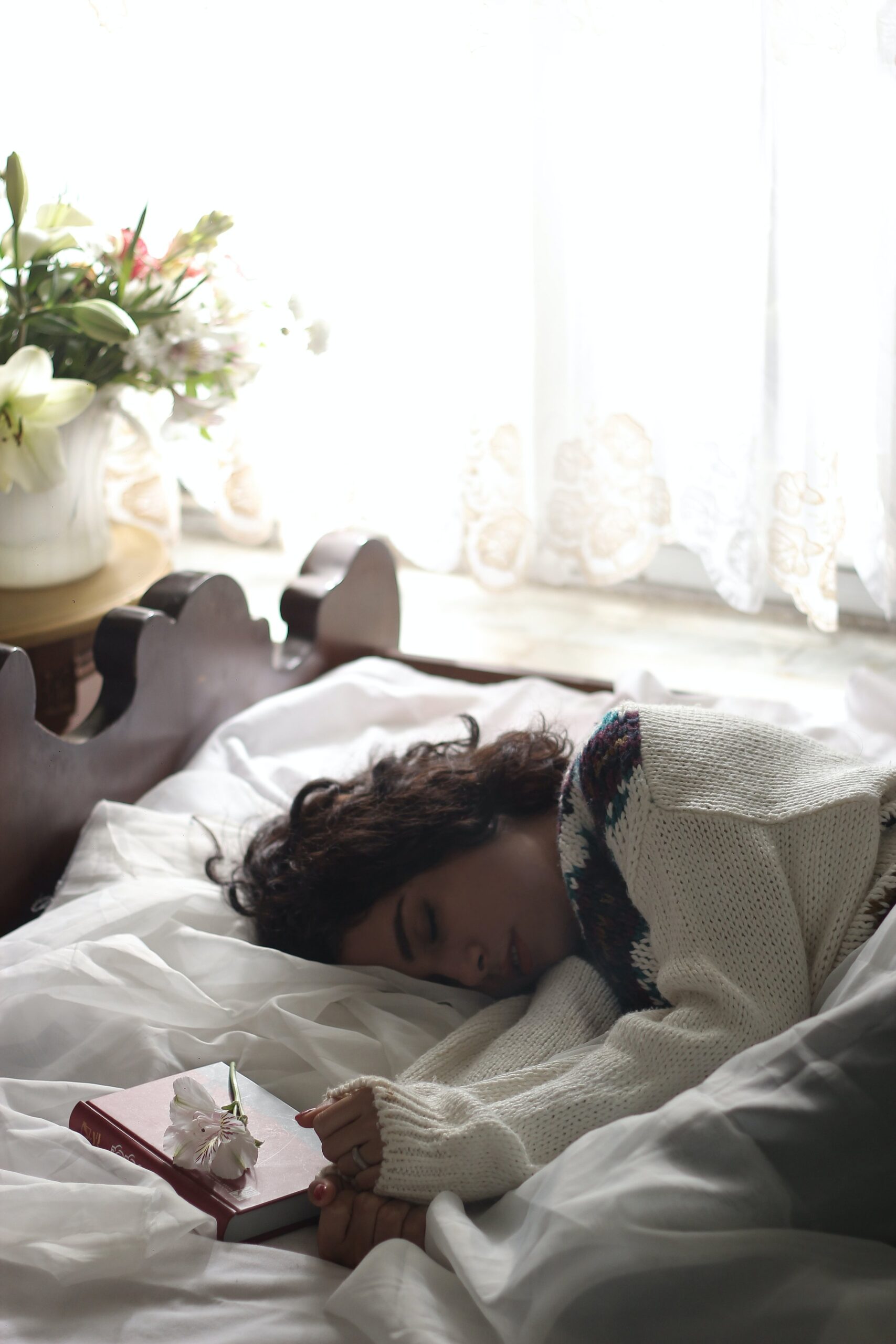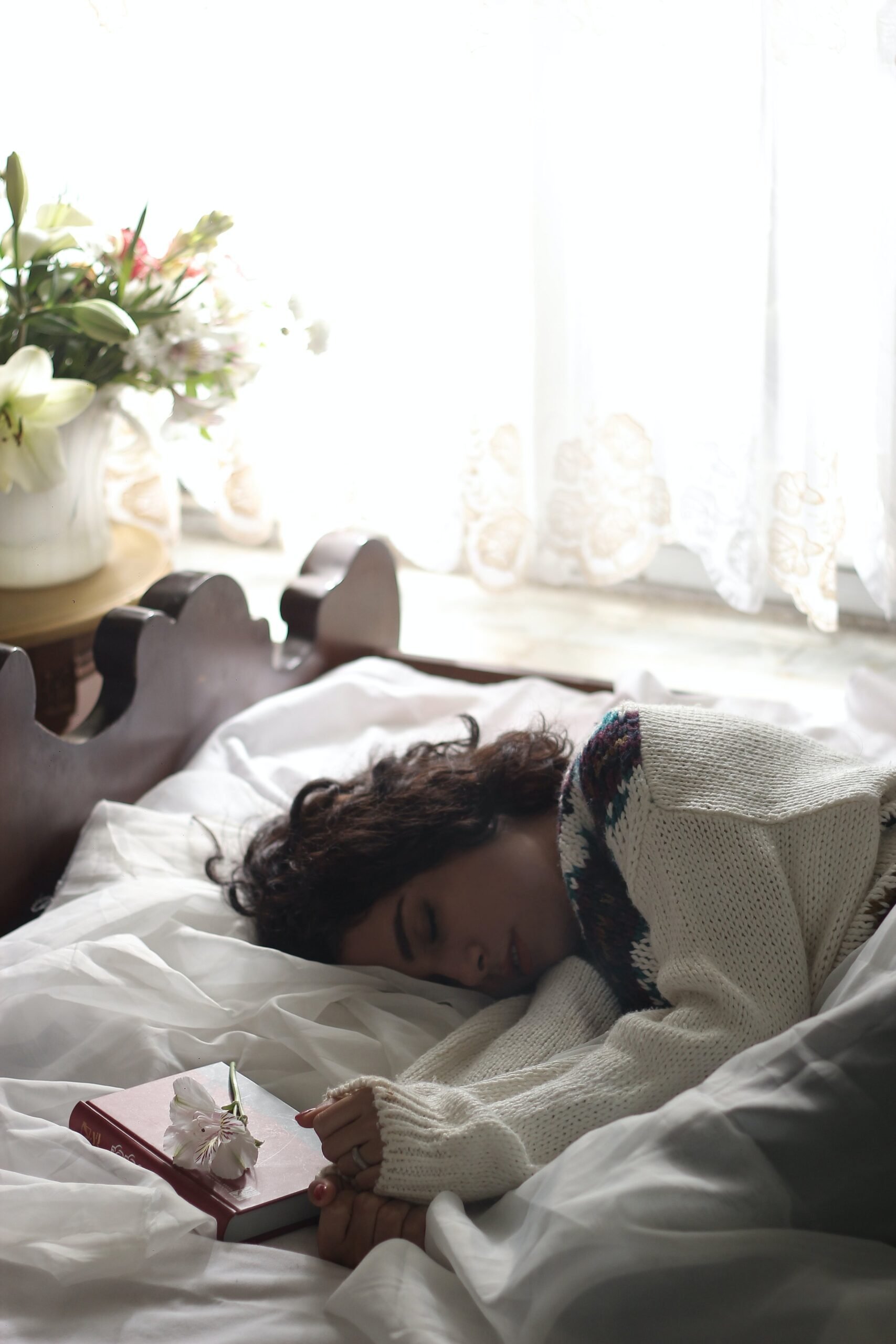Why is sleep so important? Sleep is a critical aspect of our overall wellbeing both physically & mentally. There are two major phases of brain activity during sleep that we cycle through every night. These are called Non-Rapid Eye Movement (NREM) & Rapid Eye Movement (REM). During NREM sleep, the brain slows down which results in decreased eye movement & muscle activity. This is when the brain is preparing the mind & body to enter into a state of deep sleep. About 1-2 hours after NREM, we enter into REM sleep. This is when activity in the brain increases at a rapid speed & usually results in vivid dreaming! Throughout the night we go in & out of these two phases of sleep.
So how much sleep do we actually need for optimal functioning? Infants need approximately 16-18 hours of sleep a day which is why babies spend majority of the time sleeping. Children need approximately 12 hours of sleep & teenagers need anywhere between 10-12 hours. Sleep is imperative for both physical growth & brain development in children & teenagers. Adults require less sleep, 7-8 hours a night, however some people need less & others need more. How much sleep you need to function well, is unique to you!
Now that we know how important sleep is for our physical functioning, lets talk about our mental health. Years of research has discovered a direct link between sleep & mental health. Often times mental health struggles such as depression, anxiety & stress make it incredibly difficult to wind down & obtain quality sleep. As a result, lack of sleep has a tendency to exacerbate our mental health symptoms. For example, if you are very anxious when lying down at night & your mind is racing, you won’t be able to sleep very well. In the morning when you get up, not only will you feel physically exhausted but your anxiety will be even worse! This creates a dangerous cycle of insomnia & increased mental health symptoms.
So what can we do to improve our sleep? The best thing that anyone can do is to practice good sleep hygiene. This means getting into a healthy routine each evening that will prepare your mind & body for restful sleep.
Here are some suggestions to improve your sleep:
Create a sleep schedule– go to bed & wake up around the same time each day/night, even on weekends. This will allow your body to develop a consistent circadian rhythm.
Create a soothing sleep environment – use comfortable pillows, blankets & low lighting in order to allow the mind & body to decompress. When it is time for sleep, make sure the room is dark & consider using either an eye sleeping mask or blackout curtains.
Reduce Noise– use a sound machine to create white noise to block out any background noise that could be disturbing.
Temperature– make sure the room is cool. Use a fan, open the window or turn on the AC if necessary.
Essential Oils- use a lavender essential oil to promote a sense of calm & peace. This can be used in an oil diffuser, sprayed on your pillow or placed on your wrists & behind the ears.
Put down electronic devices– blue light from phones & tablets interferes with the body’s release of melatonin. This is the hormone that the body releases in order to create a sense of sleepiness. Read a book or magazine instead.
Decrease worries– if your mind is racing, write down your worries or make a to-do list for the next day in order to purge the intrusive thoughts. This will help calm your mind in order to gain restful sleep.
Meditate- begin practicing meditation. You can find many free meditations on all of the music streaming services such as spotify, apple music, pandora & sirius. You can also download the CALM App for some free meditations. If you are really looking to get serious, Headspace is another great app, however it does require a subscription.
Lower your body temperature- our body temperature naturally starts to decrease as we prepare for sleep. To help along this process, you can take a warm bath or shower to prepare for bed.
Say NO to Caffeine– as we know caffeine is a stimulant that greatly impacts our sleep. Therefore, don’t consume caffeine late in the day. This includes coffee, tea, soda, energy drinks & even chocolate. If you need to satisfy your sweet tooth after dinner, opt for a healthier snack such as an apple.
Avoid Alcohol & Nicotine– it is important to note that alcohol & nicotine act both as a stimulant & a depressant. Both greatly interfere with your central nervous system & can make sleep more difficult.
Exercise- get in a regular habit of exercising daily. This can include brisk walking, running, biking, yoga & strength training. It is recommended to avoid vigorous exercise approximately 2 hours before bed, as this can negatively impact your sleep.
We’re here if you need additional support around navigating sleep to improve health and wellness. Click here to reach out for support.

